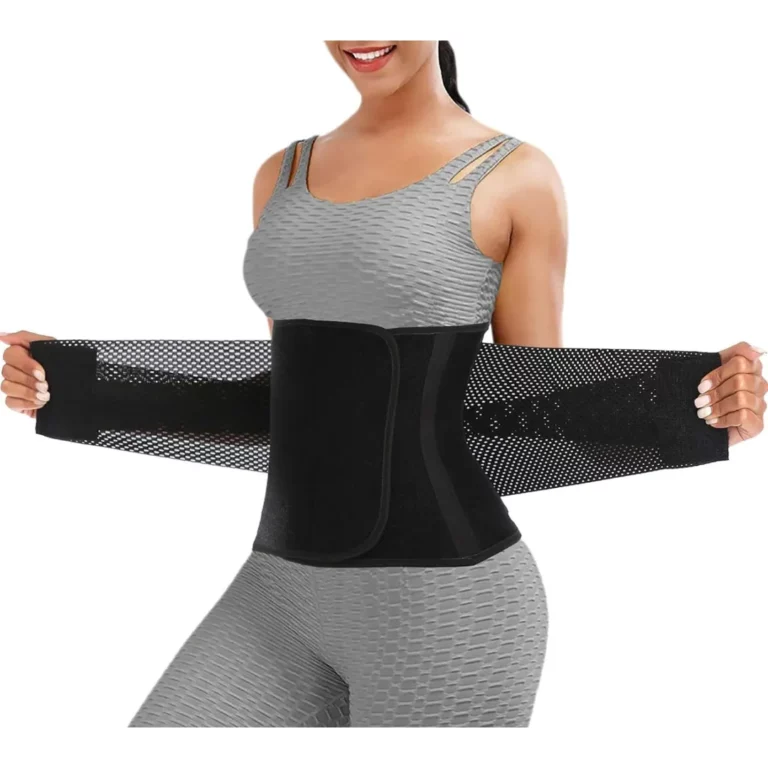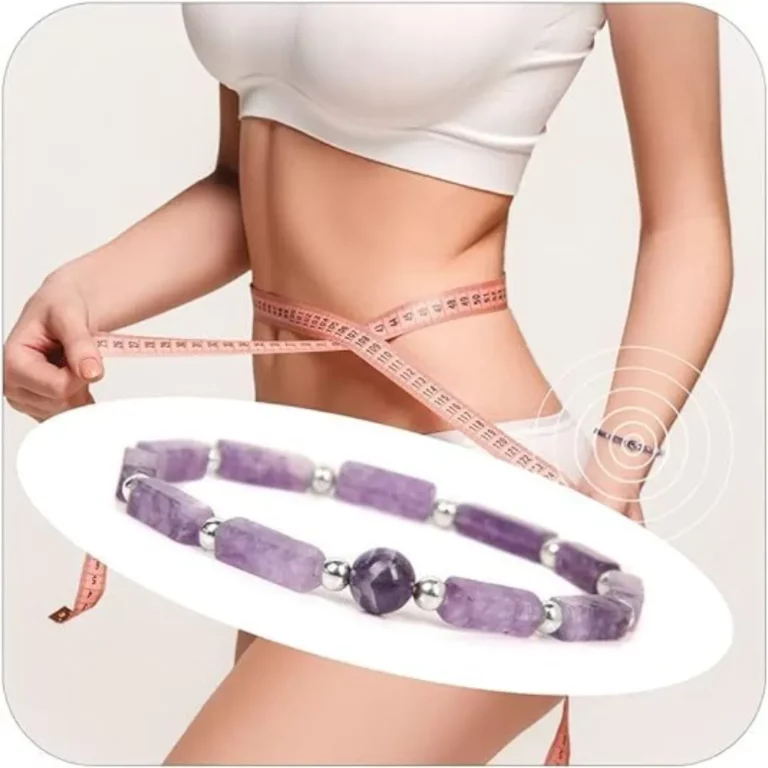The sneaky marketing of weight loss bar industry refers to deceptive or manipulative tactics used by companies within the weight loss bar industry to promote and sell their products.
This may include misleading claims about the effectiveness of their products, exaggeration of health benefits, or the promotion of unrealistic body image expectations.
In today’s society, the pursuit of an ideal body has become a multi-billion dollar industry.
With the rise of social media and the constant bombardment of advertisements, it is no surprise that weight loss products have become a staple in many people’s lives.
In particular, the weight loss bar industry has gained immense popularity, offering a convenient and supposedly effective solution for those trying to shed pounds.
However, what many consumers fail to realize is the sneaky and often deceptive marketing tactics used by these companies to sell their products.
From manipulation of scientific studies to celebrity endorsements, the weight loss bar industry has perfected the art of tricking consumers into buying their products.
In this article, we will delve into the deceitful tactics employed by the weight loss bar industry and shed light on the truth behind these seemingly innocent products.
It is time to unveil the curtain and uncover the sneaky marketing techniques used by this industry to cash in on people’s insecurities and desire for a quick fix.
Table of Contents Sneaky Marketing of Weight Loss Bar Industry
Misleading health claims in advertisements
Consumers are often bombarded with advertisements claiming miraculous health benefits from various products.
However, it is important to approach these claims with a critical eye.
Many companies employ sneaky marketing tactics to promote their products, particularly in the weight loss bar industry.
These advertisements often make grandiose promises of rapid weight loss and improved health, enticing consumers to purchase their products.
However, closer examination reveals that these claims are often exaggerated or unsupported by scientific evidence.
It is crucial for consumers to be aware of these misleading health claims, as relying solely on such products may not only result in disappointment but also compromise their overall well-being.
Influencer endorsements without disclosure
In an era dominated by social media, influencer marketing has become an increasingly prevalent strategy for brands to promote their products.
However, ethical concerns arise when influencers fail to disclose their partnerships and endorsements.
This lack of transparency can be particularly problematic in industries like the weight loss bar industry, where influencers are often seen promoting these products as part of their wellness routines without proper disclosure.
This sneaky marketing tactic can mislead consumers into believing that these endorsements are unbiased personal recommendations, when in reality, they are paid endorsements.
The absence of disclosure not only undermines trust between influencers and their followers but also raises questions about the integrity and credibility of the weight loss bar industry as a whole.
It is essential for influencers to prioritize transparency and honesty in their endorsements, ensuring that consumers can make informed decisions about the products they choose to incorporate into their health and wellness journeys.
Manipulative before and after photos
As consumers navigate the crowded market of weight loss products, they are often presented with before and after photos that claim to showcase the effectiveness of certain products.
However, it is important to approach these images with caution.
Manipulative before and after photos can be employed as a sneaky marketing tactic by the weight loss bar industry.
These photos are carefully staged and edited to exaggerate the results, creating an unrealistic expectation for consumers.
By presenting an edited version of reality, these photos can easily mislead individuals into believing that the featured product is a miracle solution for weight loss.
It is crucial for consumers to be aware of these manipulative tactics and to approach before and after photos with a critical eye, seeking out more reliable and unbiased sources for information and guidance on their weight loss journeys.
Hidden sugar and calorie content
Consumers must also be vigilant when it comes to the hidden sugar and calorie content found in weight loss bars that are marketed as healthy and nutritious.
While these bars may claim to be low in calories and sugar, a closer look at the nutritional labels reveals a different story.
Many weight loss bars are loaded with added sugars, artificial sweeteners, and high levels of calories.
These ingredients not only contribute to weight gain but can also have negative effects on overall health.
It is important for individuals to carefully examine the ingredient list and nutritional information of weight loss bars before making a purchase, ensuring that they are truly getting a product that aligns with their health goals.
By staying informed and educated, consumers can avoid falling for the sneaky marketing tactics employed by the weight loss bar industry and make healthier choices for their well-being.
Targeting vulnerable demographics
It is a concerning reality that certain industries, including the weight loss bar industry, often target vulnerable demographics in their marketing strategies.
These demographics may include individuals who feel insecure about their bodies or are desperate to achieve quick results in their weight loss journey.
By employing persuasive tactics and appealing to emotional vulnerabilities, companies within this industry aim to convince these individuals that their products are the ultimate solution to their weight loss goals.
This targeted approach can create a sense of urgency and exploit the fears and insecurities of vulnerable consumers, ultimately leading them to make impulsive purchasing decisions without fully considering the potential risks or evaluating the effectiveness of these products.
As consumers, it is crucial to be aware of these marketing tactics and approach weight loss products with a critical mindset, seeking guidance from healthcare professionals and relying on evidence-based strategies for achieving sustainable and healthy weight loss.
In conclusion, the weight loss bar industry has been utilizing sneaky marketing tactics to promote their products and mislead consumers.
As consumers, it is important for us to be aware of these tactics and educate ourselves on what truly makes a healthy and balanced diet.
Instead of relying on heavily marketed weight loss bars, it is important to focus on nourishing our bodies with whole, nutritious foods and making sustainable lifestyle changes.
By being informed and mindful consumers, we can resist the sneaky marketing ploys and make better choices for our overall health and well-being.
FAQ
How do weight loss bar companies use deceptive marketing tactics to promote their products?
Weight loss bar companies often use deceptive marketing tactics by exaggerating the effectiveness of their products, using misleading before-and-after photos, making false claims about ingredients or benefits, and not disclosing potential side effects or risks.
They may also use celebrity endorsements, fake testimonials, and manipulate statistics to sway consumers into believing their products are the ultimate solution for weight loss.
These tactics can create unrealistic expectations and ultimately lead to disappointment or health issues for consumers.
What are some examples of misleading claims made by weight loss bar companies in their advertising?
Some examples of misleading claims made by weight loss bar companies in their advertising include exaggerated weight loss results (such as “lose 10 pounds in a week”), failure to disclose the use of artificial sweeteners or additives, promoting bars as meal replacements without proper nutrition, and emphasizing endorsements by celebrities or influencers who may not actually use the product.
These tactics can create unrealistic expectations and lead consumers to believe that simply consuming the bars will result in quick and effortless weight loss, which is often not the case.
How do weight loss bar companies target vulnerable populations, such as individuals struggling with body image issues, in their marketing strategies?
Weight loss bar companies often use social media platforms and advertising to target vulnerable populations by promoting unrealistic body standards, using influencers and celebrities to endorse their products, and emphasizing the need for quick fixes and instant results.
These marketing strategies can prey on individuals struggling with body image issues by portraying their products as a solution to achieving the ideal body, leading to potential negative impacts on self-esteem and mental health.
In what ways do weight loss bar companies manipulate scientific research or data to support their product claims?
Weight loss bar companies may manipulate scientific research or data by cherry-picking studies that show favorable results and omitting ones that are less positive.
They may also fund their own studies, creating a conflict of interest and bias in the results.
Additionally, they may use vague or misleading language in their marketing to make exaggerated claims about the effectiveness of their products, without solid scientific evidence to back them up.
Overall, these tactics can mislead consumers and create a false sense of credibility around their products.
How can consumers protect themselves from falling for sneaky marketing tactics used by the weight loss bar industry?
Consumers can protect themselves by being mindful of exaggerated claims, reading ingredient labels, researching products and brands, seeking professional advice, being cautious of before-and-after photos, avoiding quick-fix promises, and prioritizing overall health over quick results.
It’s important to remember that sustainable weight loss requires a balanced diet, regular exercise, and a healthy lifestyle, rather than relying solely on weight loss bars or products that may not deliver long-term results.







